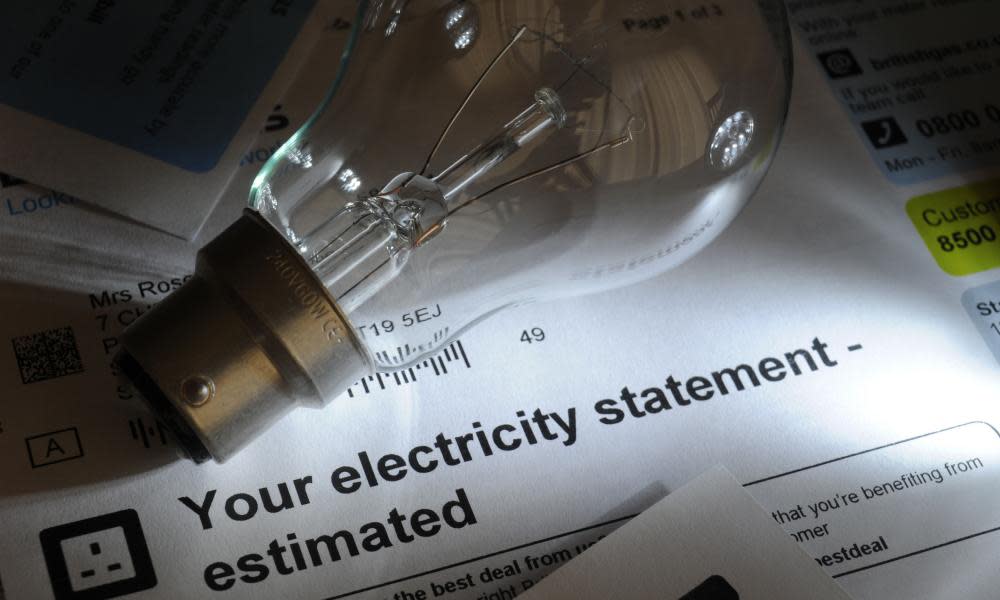Labour’s energy bill freeze makes more sense politically than economically

The politics of Labour’s plan to freeze energy bills for all households this winter are simple. With Boris Johnson’s government in its death throes and the two candidates to succeed him at loggerheads over what to do, Sir Keir Starmer has come up with proposals that are big, costed and timely. They will put pressure on Liz Truss or Rishi Sunak to come up with something equally ambitious.
The economics of the package are less clear cut, and have already been attacked by critics on the left and the right.
Broadly, the plan involves freezing the energy price cap at its current level of just under £2,000 a year rather than allowing it to rise in line with global wholesale gas prices. Left unchecked, it is estimated the price cap will rise to more than £3,500 a year in October and to well over £4,000 a year in January.
Labour says the plan would cost just shy of £30bn, although that’s on the assumption that it would apply only for the next six months. There is, however, no guarantee that the energy crisis will be over by next spring, and some analysts believe prices may stay high for years.
Gas prices were already rising before Russia invaded Ukraine in late February, but the war has pushed the cost of energy sharply higher, and there is no sign of the conflict ending soon. As with the furlough scheme introduced during the Covid-19 pandemic, £30bn may be simply a downpayment on a much bigger bill.
Labour says part of the cost of its plan would be met from extending the windfall tax on energy companies and backdating its implementation to the start of 2022, something the party says would raise £8bn. There are two issues here: would an expanded windfall tax actually net £8bn, and if it did, would it only do so by disincentivising investment?
Labour says one advantage of its plan is that it will reduce the annual inflation rate, now 9.4%, but projected by the Bank of England to rise above 13% when the new price cap is introduced in October. As Paul Johnson, the director of the Institute for Fiscal Studies thinktank, points out, inflation will come down in the short term but will rise again once the six-month scheme ends unless global gas prices fall.
There’s also the question of whether support should be targeted rather than provided to all. Wealthy households who could afford to pay higher prices will be treated the same as poorer households who are facing a choice between eating and heating.
This has obvious political attractions, but an alternative to Labour’s universal plan would have been to use the benefits system to provide help for those who need it, perhaps by increasing the generosity of universal credit. Instead the scheme encourages better-off people to use more energy, which sits oddly with weaning the UK off fossil fuels and the drive to be a net-zero-carbon economy by 2050.
Finally, the proposals are limited to consumers, despite the fact that businesses face painful – and in some cases ruinous – increases in their energy bills from October. Small businesses look especially vulnerable.
Given that there is no immediate prospect of an election, Starmer will not have to implement his proposals and can say Labour’s plan is a short-term response to the cost of living crisis that is looming this winter. In that sense, politics matters more than economics. But it is conceivable that some of what the opposition is calling for will be picked up. Throughout this crisis, ministers have savaged Labour’s plans – over a windfall tax, for example – only to steal them later.

 Yahoo Movies
Yahoo Movies 
